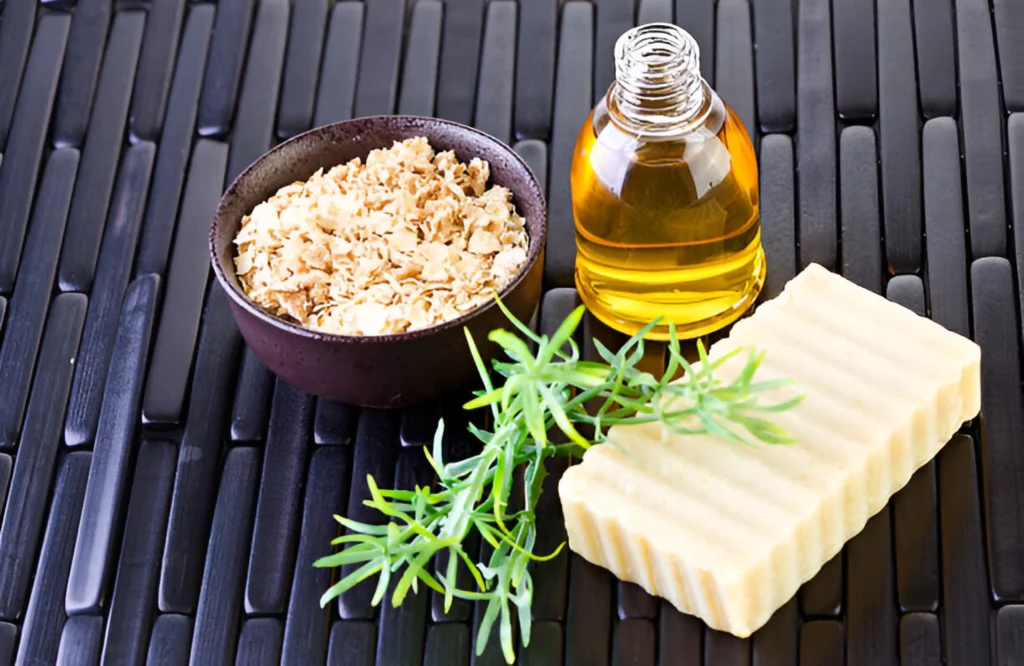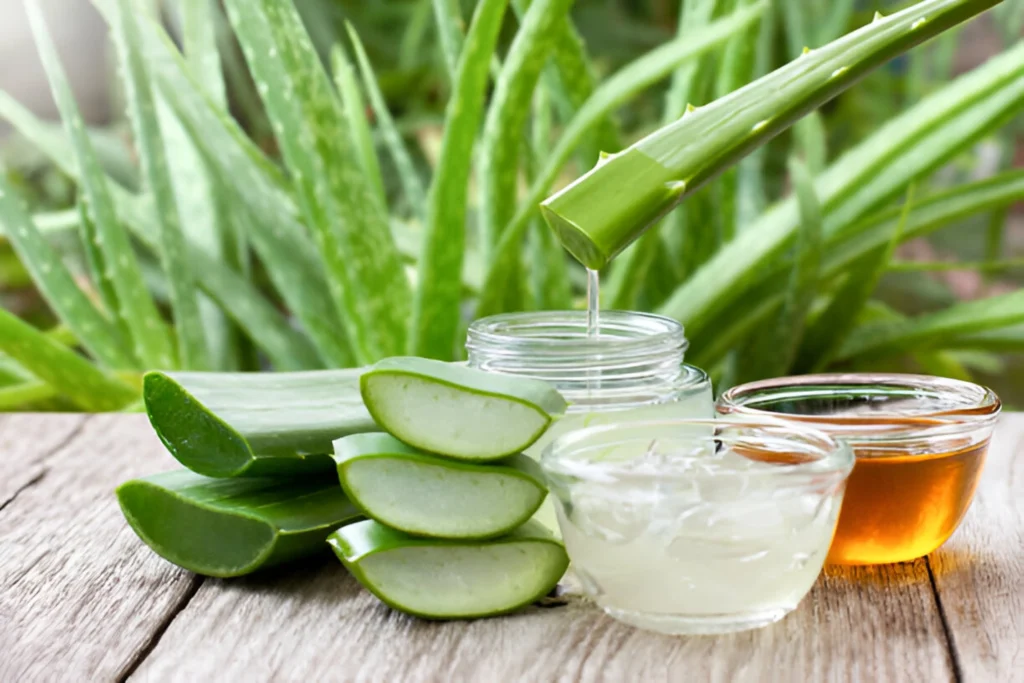When it comes to newborns, their skin is incredibly delicate, requiring special care and attention. The following guide will provide you with the best baby skin care tips for sensitive newborn skin, ensuring your baby’s skin remains healthy, soft, and free from irritation. By following these tips, you will give your baby the ultimate comfort while avoiding common skin issues such as diaper rash, eczema, or dry skin.
Understanding Newborn Skin Sensitivity
Before diving into the best baby skin care tips for sensitive newborn skin**, it’s important to understand why newborn skin is so sensitive. Babies are born with a protective coating called vernix, which helps regulate moisture and keeps the skin soft. However, newborn skin is thin, highly absorbent, and more prone to irritation than adult skin. Therefore, ensuring proper skin care during the initial months of life is vital for maintaining a baby’s delicate and sensitive skin.
Top Baby Skin Care Tips for Sensitive Newborn Skin

1. Choose Gentle, Fragrance-Free Products
One of the **best baby skin care tips for sensitive newborn skin** is selecting the right products. Babies’ skin is much more sensitive to chemicals than adults. Always opt for hypoallergenic, fragrance-free lotions, body washes, and shampoos. Fragrances, dyes, and harsh chemicals can easily irritate sensitive skin, leading to conditions like eczema or contact dermatitis.
2. Avoid Over-Bathing
While it’s tempting to bathe your baby frequently, doing so can strip their skin of essential oils. The recommended frequency for bathing newborns is about two to three times per week. Using lukewarm water and a mild baby cleanser will ensure your baby stays clean without drying out their sensitive skin.
3. Moisturize Daily
Daily moisturizing is key to maintaining your baby’s skin softness and hydration. Once your baby is out of the bath, gently massage a mild, fragrance-free baby lotion into their skin to help seal in moisture and keep their skin soft. One of the **best baby skin care tips for sensitive newborn skin** is using natural oils like coconut or olive oil, as they are free from chemicals and provide deep hydration.
4. Diaper Rash Prevention
Diaper rash is a common issue for newborns, especially those with sensitive skin. To avoid it, change your baby’s diaper regularly and allow their skin to breathe for a few minutes between changes. To protect your skin from moisture-related irritation, it’s essential to apply a barrier cream that includes zinc oxide or petroleum jelly.
5. Wearing soft, breathable clothing will help your baby breathe.
Clothing can have a significant impact on newborn skin.
Opt for breathable, natural fabrics such as cotton, which allow your skin to stay cool and comfortable. Additionally, wash your baby’s clothes in a gentle, fragrance-free detergent to avoid allergic reactions.
6. Monitor for Eczema
Eczema can appear as dry, itchy patches on your baby’s skin. If your baby has eczema, avoid harsh products and make sure to moisturize frequently. Consult your pediatrician if symptoms persist, as they may recommend medicated creams or lotions.
7. Be Cautious with New Products
When introducing new skin care products, test a small amount on a patch of your baby’s skin to check for any adverse reactions. Babies’ sensitive skin can easily react to unfamiliar ingredients, so this patch test is one of the **best baby skin care tips for sensitive newborn skin**.
8. Avoid Exposure to Direct Sunlight
Newborn skin is extremely sensitive to sunlight. To protect your baby’s sensitive skin, it’s best to minimize outdoor exposure during the peak hours of sunlight, typically between (10 am. to 4 p.m.), and always use protective clothing like hats and lightweight blankets. When needed, opt for a baby-safe sunscreen with an SPF of 30 or higher, especially for babies over six months old, to protect their delicate skin.
9. Keep Your Baby’s Nails Short
Babies often scratch themselves accidentally, which can irritate their skin. Keep their nails trimmed and filed to prevent any damage. You can also use baby mittens to protect their face from scratches.
10. Use Lukewarm Water for Baths
One of the lesser-known **best baby skin care tips for sensitive newborn skin** is maintaining a proper water temperature during baths. Lukewarm water is ideal for newborns, as hot water can irritate their skin and lead to dryness.
Natural Remedies for Baby Skin Care

Incorporating natural remedies into your baby’s skin care routine can provide relief from irritation while keeping their skin nourished. Explore these natural alternatives worth considering for a healthier lifestyle:
- Oatmeal Baths: An oatmeal bath can soothe irritated skin and reduce inflammation. Use finely ground oatmeal in your baby’s bathwater to alleviate eczema or diaper rash.
Aloe Vera: Aloe vera gel, renowned for its natural healing and calming abilities, has been used for centuries to nourish and restore skin. Use it sparingly on irritated areas, especially for minor rashes or scrapes.
Coconut Oil: As mentioned earlier, coconut oil is a natural moisturizer that helps lock in hydration and prevent dryness.
Calendula Cream: Calendula is a gentle, plant-based cream that can help reduce inflammation and promote healing.
Common Baby Skin Care Issues and Solutions

Diaper Rash
Diaper rash is caused by prolonged exposure to moisture, friction, or an allergic reaction to diapers or wipes. To treat diaper rash:
1. Change diapers frequently.
- 2. Let your baby’s skin breathe by allowing the diaper area to air dry completely before putting on a fresh diaper. This simple step can help prevent irritation and keep your little one comfortable and happy.
- 3. Apply a barrier cream.
Cradle Cap
Cradle cap is a common, non-threatening skin condition that affects infants, characterized by dry, flaky patches on the scalp. You can treat it by gently massaging the area with a mild baby shampoo and using a soft brush to remove the flakes.
Heat Rash
When sweat becomes trapped beneath your baby’s delicate skin, it can lead to heat rash. To prevent heat rash:
- Ensure your baby stays comfortable by dressing them in lightweight, breathable fabrics that allow air to circulate, keeping them cool and relaxed.
- Ensure a cool and shaded environment for them during warm weather to prevent overheating and maintain their comfort.
- Bathe your baby in lukewarm water to reduce irritation.
Conclusion
Caring for your baby’s sensitive skin may seem daunting at first, but following these **best baby skin care tips for sensitive newborn skin** will help keep your baby’s skin soft, healthy, and irritation-free. Always remember to use gentle, fragrance-free products, avoid over-bathing, and moisturize regularly. By paying close attention to your baby’s skin needs, you can ensure they remain comfortable and happy.












Leave Your Comment: